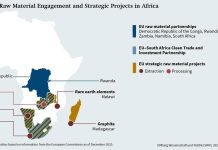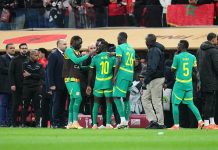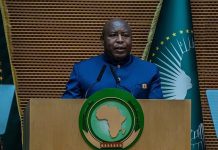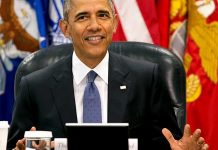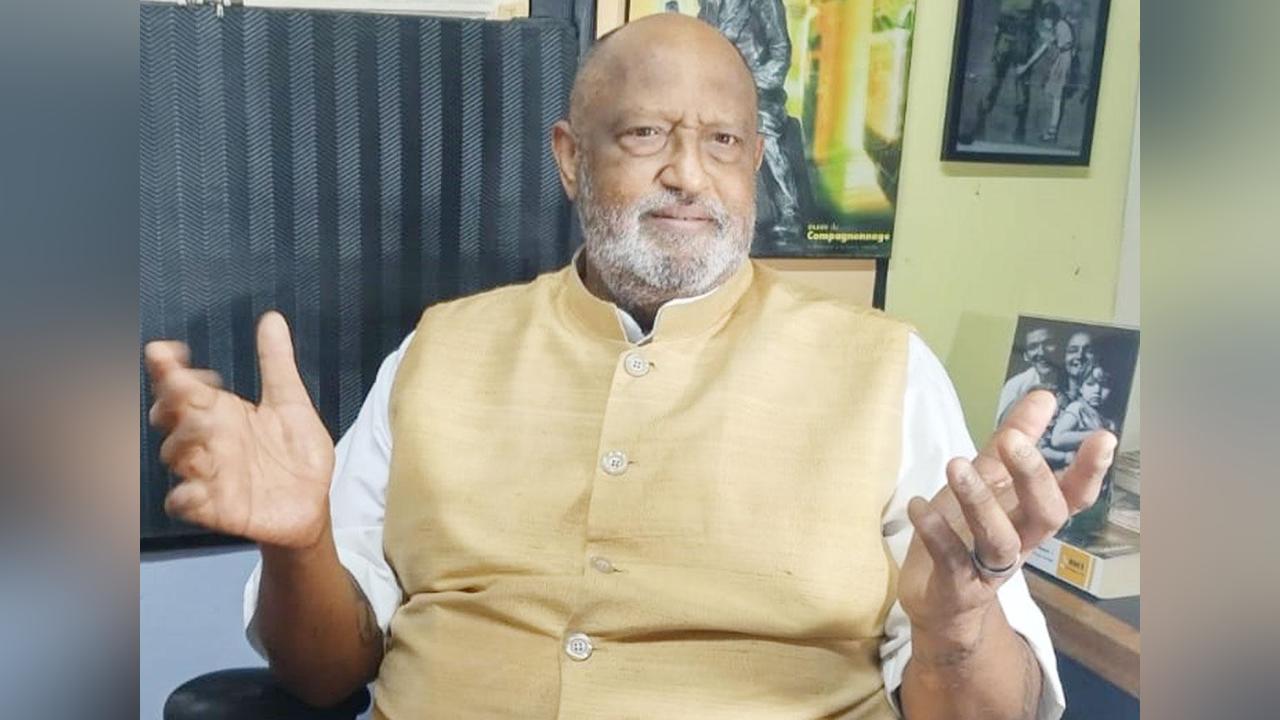
Africa-Press – Mauritius. Rodrigues has enjoyed for the last 20 years a large margin of autonomy in the management of the affairs of the island as prescribed by the ‘Rodrigues Regional Assembly Act 2001’. How do you assess this autonomy within the framework of the Republic of Mauritius? Jean Marie F.
Richard: The ‘Rodrigues Regional Assembly Act’, like the ‘Local Government Act’, put in place in the wake of the Medpoint agreement, constitutes a significant enlargement of our democratic space in terms of decentralization of powers of decision-making bodies.
The RRA Act is, it should be remembered, a constitutional law, which implies that a qualified majority is required for any amendment to these provisions.
Moreover, the great innovation of this piece of legislation is the inclusion of a dose of proportional representation at the heart of the electoral system, which allows for better adequacy in terms of the representativeness of the percentage of votes and the number of elected members of the Regional Assembly.
And this, “to the comma”, to use the words of the late Robert Ahnee, drafter of the text of the law which is inspired by the current model in Trinidad and Tobago.
Moreover, the implementation of this text of law in its application over these 20 years has made it possible to bring greater serenity to decision-making at the level of the sectors of competence having been the subject of the devolution of powers to Port Mathurin, even if certain sectors still remain under the jurisdiction of the central government such as, for example, education, health, the airport and defense where Rodrigues is only responsible for administration without real powers of orientation decision-making.
But we are at the start of a process that is set to evolve and expand. To do this, it will be important to review certain operations on both sides, particularly in terms of income generation and economic and financial autonomy, as well as in terms of connectivity with the region and the rest of the world.
This requires an assessment of the operating model and the potential for improving the model. * Why is the Rodrigues Regional Assembly Act and its application important institutionally within the Republic of Mauritius?
Already by allowing greater accountability in the public management of affairs, there is a better ventilation and a broadening of the political scene, and a growing involvement of the population through its representatives in the development of the island.
The possibility granted to Rodriguans to be involved in the management of the options and choices available to them makes it possible to better value skills at all levels, which in itself also represents a stimulating breath of fresh air.
That being said, there remains the big question of economic and financial autonomy – the sinews of war – as well as the improvement of the air and maritime connectivity of the island in terms of the flow of regional and international trade.
In addition to causing a significant additional cost of goods and services, the fact that everything must pass through Mauritius at all costs is an economic archaism that has an impact on the cost of services. Let us recall the time when the cargo ships serving the routes in Asia called at Port Mathurin en route to Port Louis. . .
Hopefully this will change in the years to come, allowing greater openness to and from foreign markets allowing productions of all kinds to be exported while guaranteeing the self-sufficiency which – today – is lacking on the island, from even a revitalization of the traditional sectors: fishing, breeding, agriculture, alongside new activities linked to technology, a source of acceleration of development and improvement of the quality of daily life.
* Has autonomy helped to strengthen the ties of belonging to the Republic of Mauritius despite its particular specificity or are there still, in your opinion, threats that risk emptying these ties of their substance?
It is certain that things have been made more serene and adapted to the realities and needs of the island within the Republic. Autonomy is a dynamic process.
This requires an expansion of economic and financial means to provide more flexibility in the disposition and allocation of income generated from local production and tourism development.
This involves relaunching economic development and trade from and to Rodrigues at all levels while allowing the creation of jobs which are currently lacking, encouraging the exodus to Mauritius and through a system of local taxation which would generate revenues for the financing of the initiatives of the Regional Assembly (which today depends mainly on the budgetary level of Mauritius).
* More in line with the news surrounding the 20 years of autonomy, Justar Tolbize of the Rodriguais Independence Movement (MIR), has decided to suspend his participation in all regional government bodies due, it seems, to the decision to name the main public square in Port Mathurin ‘Sir Anerood Jugnauth Square’.
Does the MIR weigh heavily in the Rodriguan political landscape? I hoped that these 20 years of autonomy would convey the necessary appeasement between the political divisions that divide the island community.
Unfortunately, this was not the case to the point where the regional executive and the opposition OPR each celebrated the event on their own: in Port Mathurin in the presence of the PM, and in Malabar in front of the monument of autonomy in the presence of elected officials and the historical leader of the OPR, Serge Clair.
There was also the way of doing things on the sly to announce the initiative of naming the central square of Port Mathurin after Anerood Jugnauth, an event which we learned about through a press release from the Council of Ministers. It’s a shame that at this level, there was this mess, which in my opinion reflects a state of mind.
For More News And Analysis About Mauritius Follow Africa-Press


